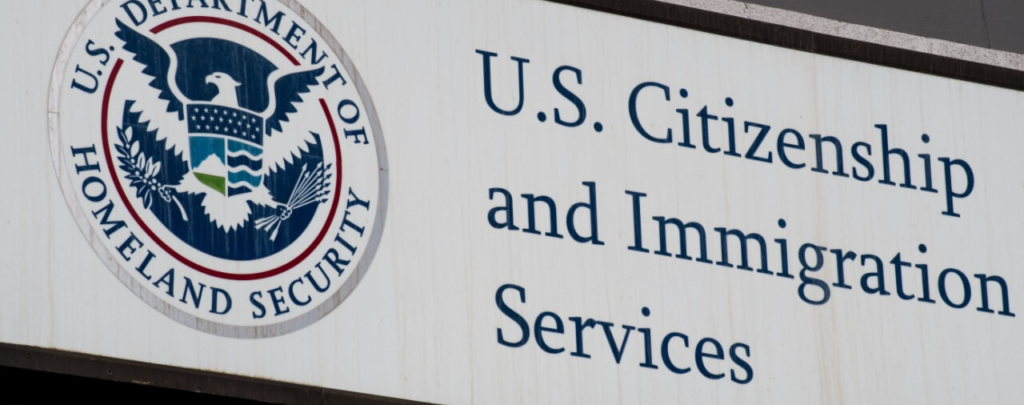Two days ago the Senate overwhelmingly (68-32) passed the Immigration Reform Bill knows as S 744. The 1198 pages document attempts to overhaul U.S. current immigration system by modernizing it and re-tuning its priorities. The Bill would increases H1B visa CAP from 65,000 visas annually currently to 155,000 visas per year, setting 25,000 additional visas for people with advanced degrees in technology, science, engineering, and mathematics, provided they have graduated from U.S. based colleges and universities. The Bills leaves open the door for further increase in the H1B program with the CAP of up to 180,000 visas annually, if the demand warrants such increase.
The Bills also purports to change H1B worker spouse’s situation by allowing H4 derivative visa holders to obtain employment authorization in the USA.
The Bill would correct the student situation by attaching dual intent to the F1 student visas and thus resolving frequent visa denials at the consulates for students when they seek to extend their F1 visas. The dual intent would attach to all students who are in at least bachelor’s degree programs.
The Bill would expend extraordinary abilities immigrant category to include scientists, professors, researchers, multinational executives and athletes, and exempt them from the existing immigrant visa quotas.
The Bill would exempt from the existing immigrant visa quotas all graduates of U.S. universities with job offers and degrees in science, technology, engineering or math.
The Bill would create a new-entrepreneur visa to facilitate creation of startup companies by foreign entrepreneurs.
The Bill would establish a completely new merit based immigration avenue for up to 250,000 people a year, basing it entirely on points awarded for education, employment, length of residence in the U.S. and other equitable considerations.
The Bill would completely eliminate the Diversity Visa Lottery Program, and channel released 55,000 visas of the program’s annual quota to the new point-based system.
The Bill would create a completely new “W” visa with a quota of up to 200,000 visas per year to be awarded to the low-skilled workers for jobs in construction, long-term care, hospitality and other industries.
The Bill would create completely new agriculture worker visa program, which would radically change and replace the exiting parameters of the H1A visa, extending it to the agriculture workers who are already in the United States including those who are here in violation of their immigration status, provided they have worked in the agricultural field for at least two years, giving them another five years with the option to seek LPR status after that, if they stay in the industry.
Click here for the highlights of the Senate Bill 744 [see article].
Click here [PDF version] to read the complete text of the S 744.





